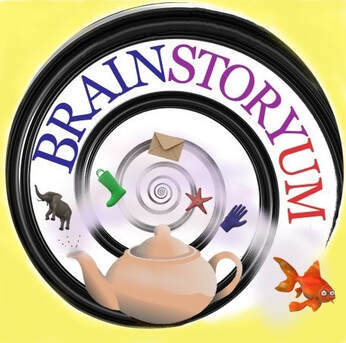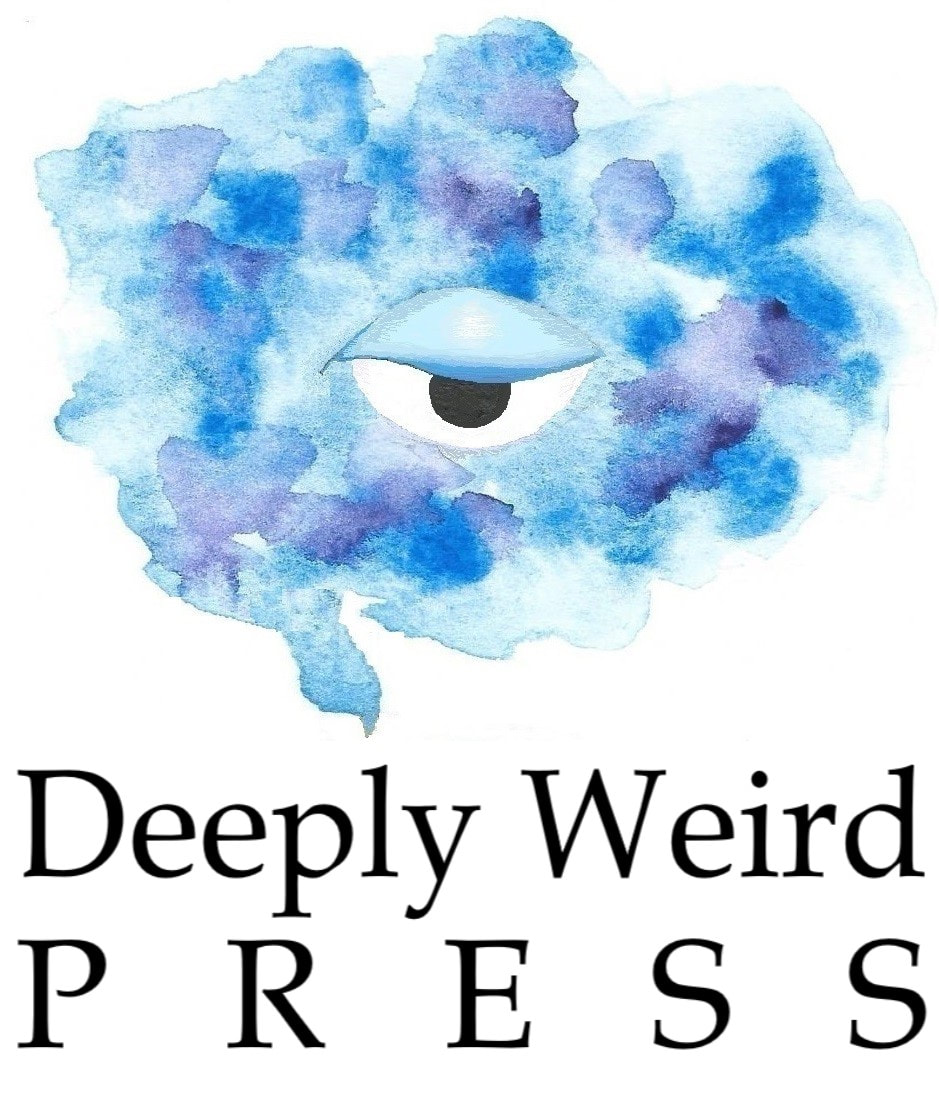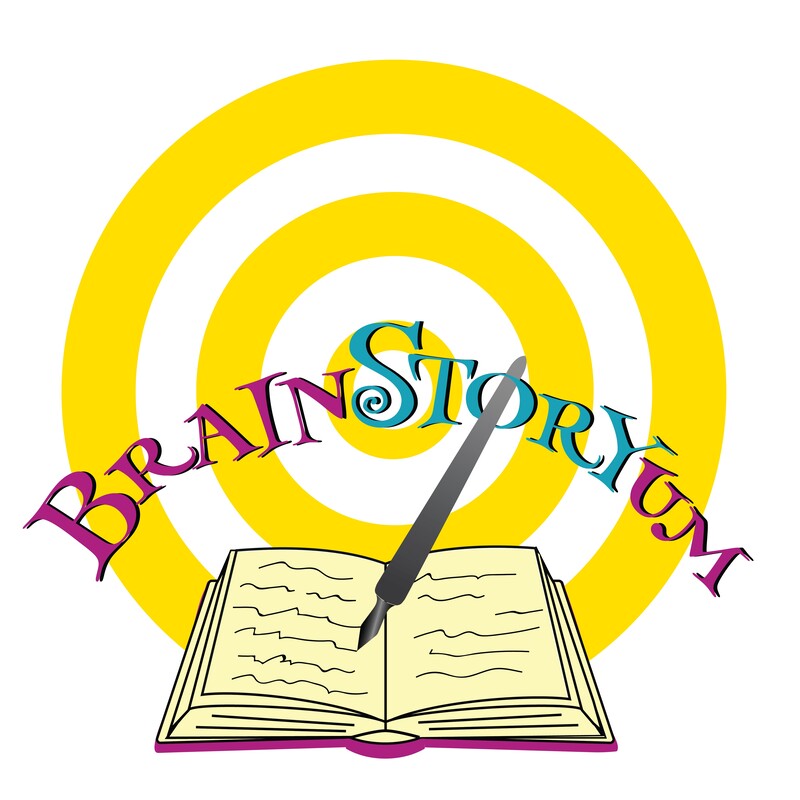Another insightful and unexpected discussion about inspiration, followed by a ZANY round or two of Exquisite Corpse.
|
|
What readers are sayingReview of The Empty Danger: 5.0 out of 5 stars |
Contact |


